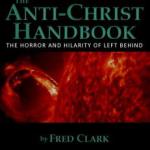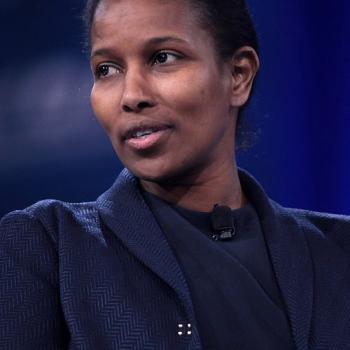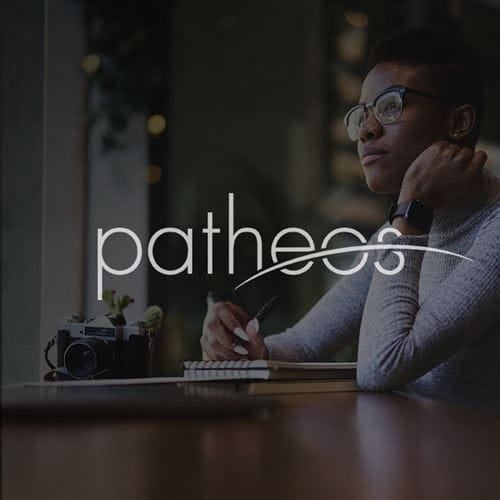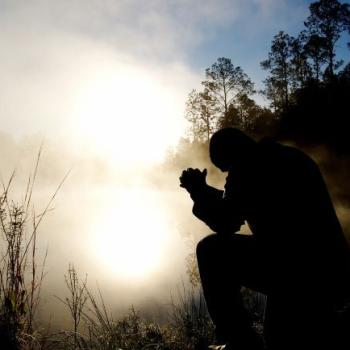
Marriage and religion have always been related, and religions often address the spiritual and ethical components of marriage. Few religions, however, address the specific details of marriage customs. Instead, most marital traditions are based on cultural expectations. Religious teachings may guide some of the taboos, vows, and underpinning ideas of what is expected of a man and woman in their marriage, but the vast majority of the details come from the surrounding culture and society. This is true with most aspects of marriage, including whether or not a marriage was arranged by parties besides the bride and groom.
Arranged marriages have been the norm in most cultures for most of history. The idea of marrying for love is a relatively recent historical development, and even today love matches are not necessarily the prevailing reason for marriage around the world. Many cultures still view marriage as an important family or tribal decision for the purposes of status, business or social connections, or security; others simply believe that parents have more common sense about appropriate marriage partners for their children than the children do themselves. In such cases, marriages are almost always arranged. Some religions are more commonly associated with arranged marriages than others, but each religion practices both arranged marriages and “autonomous” marriages, i.e., love matches.
Today, arranged marriages are uncommon in Western nations. In the United States and Europe, arranged marriages are rare in any community and nearly unheard of in Christian communities. Nevertheless, Christians practiced arranged marriages for much of the church’s history, even though today marriage partners are personal choices. Christians in the Middle East or Sub-Saharan Africa may favor arranged marriages due to the surrounding culture. The situation is similar in Judaism. Orthodox and Jewish fundamentalists often continue to practice arranged marriages as do Jews in many Middle Eastern countries, but it is not the norm for most Jews.
Of the three Abrahamic religions, Islam practices arranged marriages the most. Arranged marriages are prevalent throughout Muslim majority countries, and many Jews and Christians living in Muslim dominated areas in the Middle East also practice arranged marriages. In fact, arranged marriages are not unusual among Western Muslims either. As it is generally forbidden for a Muslim woman to marry a non-Muslim man, it is not unusual for Muslim families to arrange marriages for their daughters to ensure that the woman marries a Muslim man. Sometimes the arrangement may involve the potential bride and groom in the decision making; other times the decision is without consultation. In any situation, consent of both parties is usually required. Forced marriages are condemned by most religions, though they are unfortunately common in some cultures.
Arranged marriages are common in East Asia, and so Buddhism has a high percentage of arranged marriages. As with other religions, the prevalence of arranged marriages in Buddhism is due to a cultural acceptance for arranged marriages in areas where Buddhism is common. The same is true of Hinduism. Hindu marriages are commonly arranged due to social pressures for people to marry within their own social class and due to the economic opportunities and pressures caused by marriage traditions.
3/14/2023 7:50:49 PM









